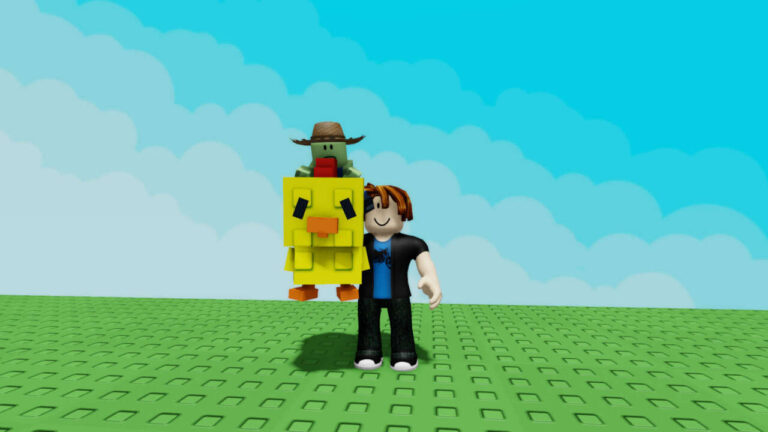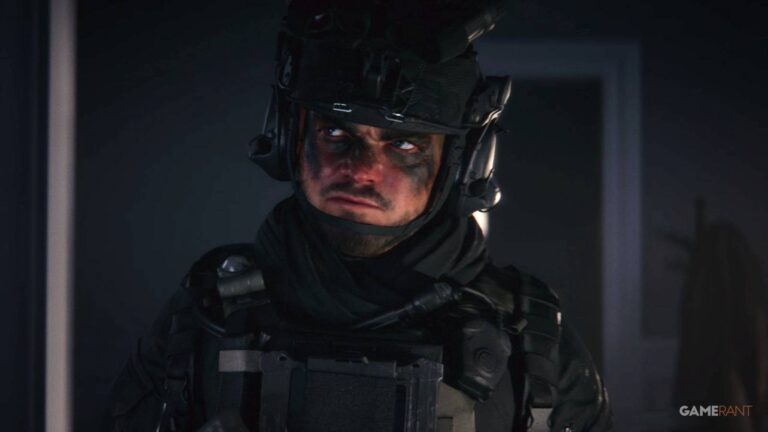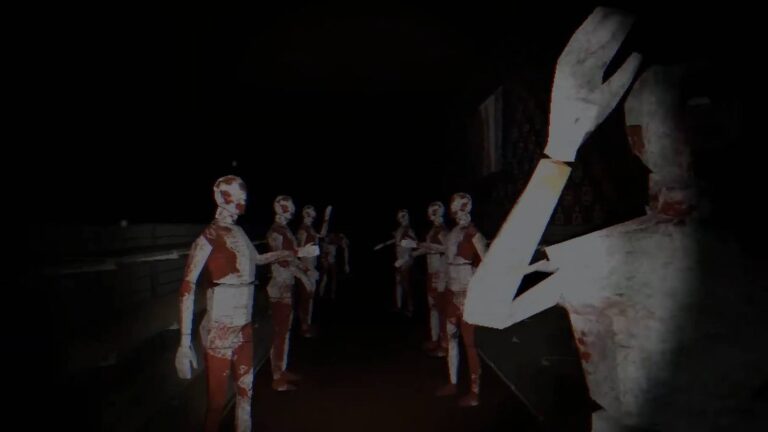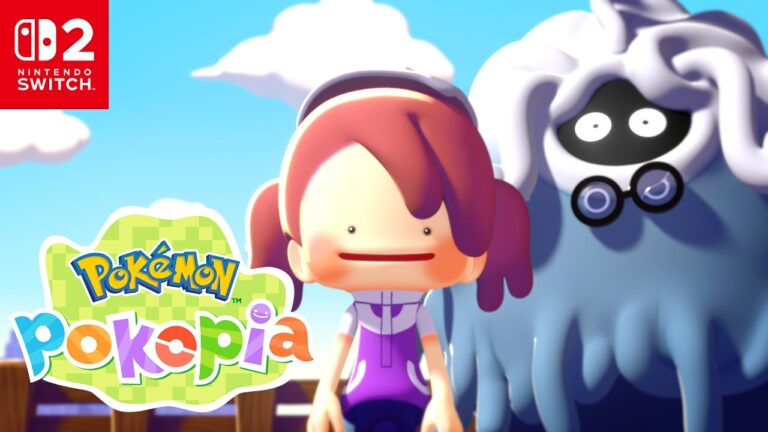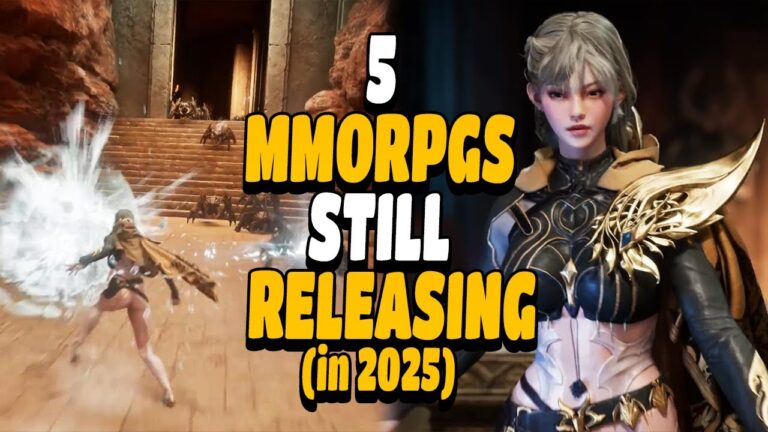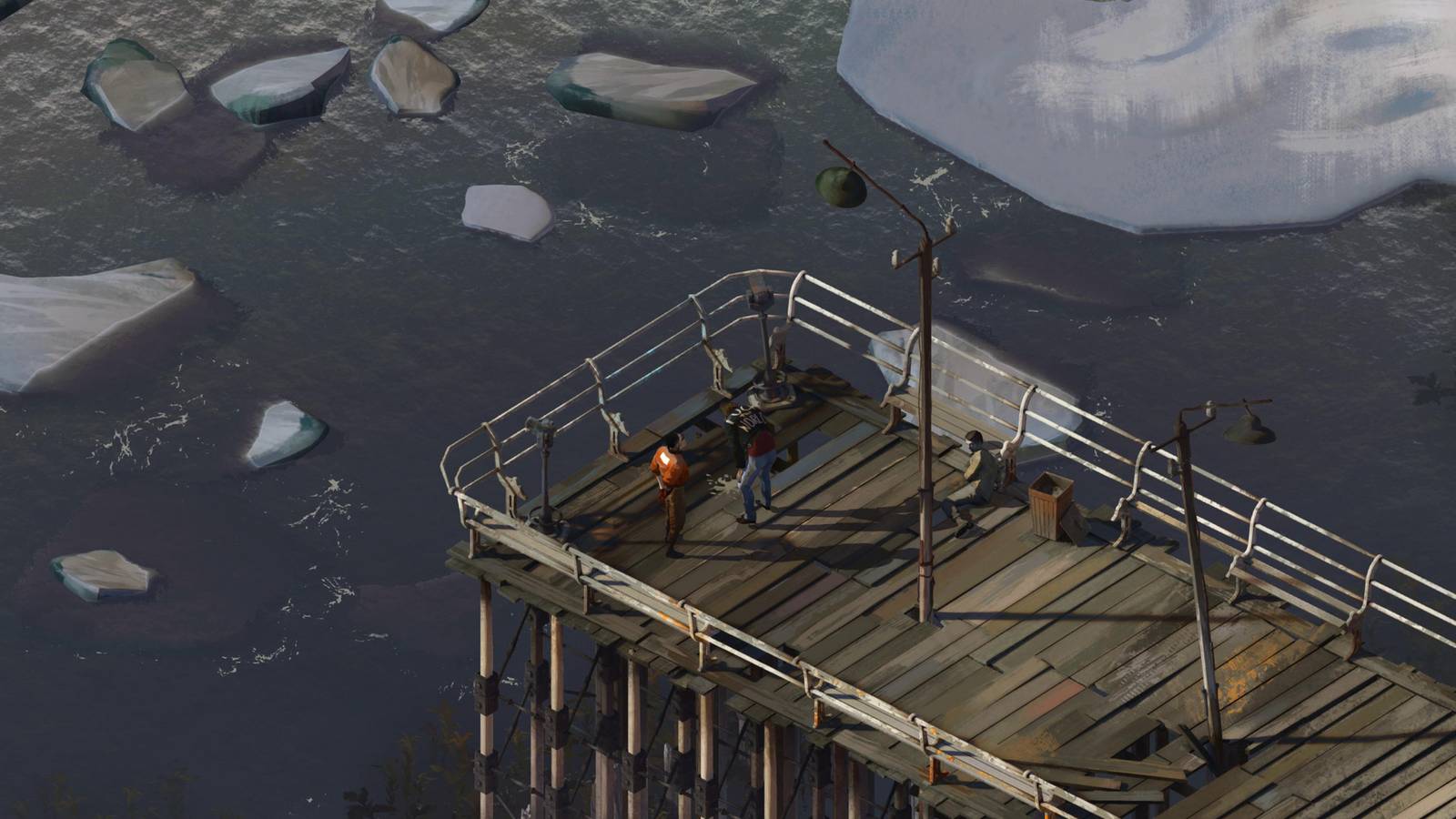
“Your choices matter.” How many times have we heard that one? Most of the time, branching narratives are just an illusion. Players are just painting a different color on the exact same wall, arriving at pretty much the same destination, no matter what they do.
But the games on this list? They are different. They bend, they split, and sometimes they completely, violently upend themselves depending on the choices made. These aren’t the kinds of stories where players just flip a switch and watch a character frown instead of smile. These are games where entire arcs, characters, or even whole kingdoms can change forever, all because of how one decision played out.
Detroit: Become Human
Robots With Free Will, And So Many Possible Fates
Quantic Dream built a flowchart of branching paths that is so wide, so sprawling, that it looks downright overwhelming at first. But every single choice players make feels loaded; every single one. From choosing whether Connor acts with cold machine-like logic or with a flicker of empathy, to deciding just how far Markus is willing to go in his android revolution, entire beloved characters can live or die based on a single, split-second mistake.
It’s not just smoke and mirrors, either. That incredible, intricate web of consequences carries all the way through to the end of the game, which means that no two playthroughs will ever feel the same. By the time it’s all said and done, players aren’t just watching a story unfold. They’re looking at their story; the story of their version of Detroit.
The Witcher 2: Assassins Of Kings
A Witcher Tale Where Choice Genuinely Matters
While The Witcher 3 is rightly remembered for its brilliant branching quests, its predecessor, The Witcher 2: Assassins of Kings, might just be the better, purer example of a game that offers true, meaningful divergence. It is bold, and it is ballsy, because early on in the game, players are forced to make a choice: do they side with the gruff special forces commander, Vernon Roche, or the elven freedom fighter, Iorveth? That one decision splits the entire game in two.
It locks away entire storylines, characters, and huge locations. A second playthrough isn’t just recommended; it’s practically mandatory for anyone who wants to see the whole story. This unwavering commitment to real, structural divergence is what makes The Witcher 2 still stand out today. Where most RPGs just let their choices create little ripples on the surface, CD Projekt Red made an entire middle act of their game hinge on player alignment. It’s surprising, messy, and absolutely unforgettable.
Until Dawn
The Butterfly Effect, But As A Video Game
Until Dawn takes that classic, cheesy, “cabin in the woods” formula and just gives players the steering wheel. Every single decision—whether it’s picking the safest hiding spot or deciding who should go and investigate a strange noise—ripples forward, directly impacting who makes it through the night. The whole “butterfly effect” mechanic isn’t just a gimmick here; it’s the heart of the entire experience.
Characters can live or die based on the tiniest of details, and with eight different people to juggle, the permutations start to spiral into glorious, bloody chaos. When played with a group of friends, all of them screaming at the TV about whether to run or stay still, the eventual outcome feels collective, and the deaths hit so much harder.
Heavy Rain
Rain That Can Wash Everything Away
The Origami Killer is drowning his victims, and the player has to stop him, but Heavy Rain doesn’t just present them with a murder mystery. It ties the entire outcome to whether or not players can keep its four protagonists alive. Each of them can die, permanently, and the narrative will just… shift. It’ll adapt, fill in the gaps, and change the final outcome in some pretty major ways.
The choices here are immediate, messy, and they’re often made under incredible pressure. Players rarely have time to think. It just feels so wonderfully human in a way that perfectly fits the game’s grimy, noir roots. By the time the credits roll, players might feel satisfied, they might feel horrified, or they might just feel deeply, unforgettably conflicted.
Alpha Protocol
The Espionage RPG That Dared To Be Different
Alpha Protocol is remembered as a flawed gem, a beautiful mess, but when it comes to branching narrative design, it still feels years ahead of its time. Obsidian built a spy thriller where dialogue choices ripple outward in some truly unexpected, and often hilarious, ways. This isn’t the standard “good” or “evil” morality system. Absolutely not.
The player’s choices here change how different factions perceive them, which in turn changes how missions play out, which in turn changes who ultimately trusts the protagonist, Agent Michael Thorton. The branching structure is so dramatic that entire story arcs can just… vanish, depending on the player’s chosen allegiances. Even with its clunky combat and janky animations, players still talk about how radically different their campaigns turned out from their friends’.
Disco Elysium
A Detective Story That Refuses To Be Neat
Choices in Disco Elysium are not simple, and they do not have neat, tidy outcomes. This game just throws players into the fractured, alcohol-soaked mind of a washed-up detective, a man whose own inner thoughts will argue with each other. The branching paths here don’t come from simple dialogue options; they come from failed skill checks, from which parts of Detective Harry Du Bois’ broken psyche players decide to listen to.
What makes it so remarkable is how utterly, brilliantly alive the narrative feels. Players aren’t just choosing between paths; they are actively shaping the detective himself, and the grimy, beautiful city of Revachol reacts and responds in a way that feels completely fluid and organic.
Tactics Ogre: Let Us Cling Together
A Strategy Classic That Wrote The Damn Rulebook
Tactics Ogre was doing proper, meaningful branching paths before it was cool. Way before. Early on, the game forces players to make a gut-wrenching, impossible choice between siding with their own rebellious people or following the orders of an authority they despise. The result of that one decision completely changes the trajectory of the entire story.
Characters will live or die, entire battles will be altered, and the entire tone of the campaign shifts dramatically depending on the player’s loyalties. It set a standard that tactical RPGs are still chasing decades later, and the branching narrative feels so impactful because of how easy it is to become deeply invested in the little pixelated soldiers whom players are asked to command.
